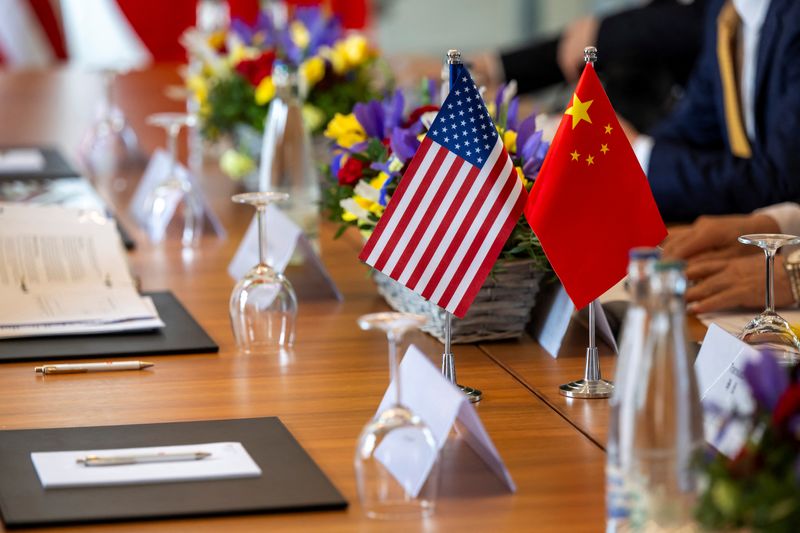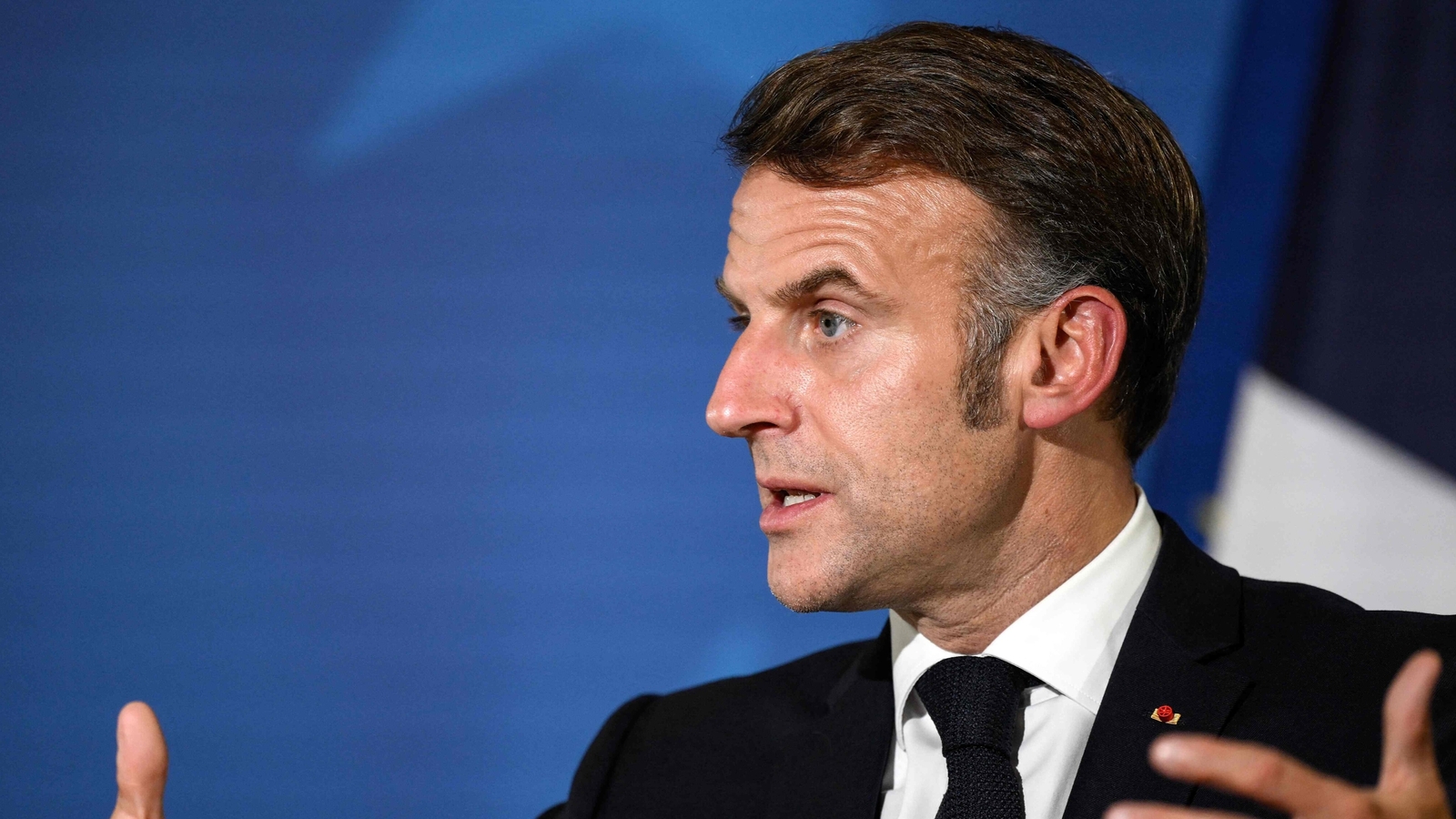By Rozanna Latiff and David Lawder
KUALA LUMPUR/WASHINGTON (Reuters) -Top economic officials from the U.S. and China are due to arrive in Kuala Lumpur on Friday for talks to prevent a trade war escalation and keep next week’s meeting between U.S. President Donald Trump and Chinese President Xi Jinping on track.
U.S. Treasury Secretary Scott Bessent and U.S. Trade Representative Jamieson Greer will meet with Chinese Vice Premier He Lifeng to find a way forward after Trump threatened new 100% tariffs on Chinese goods and other trade curbs starting November 1 in retaliation for China’s vastly expanded export controls on rare earth magnets and minerals.
The talks, due to start on Saturday on the sidelines of the Association of Southeast Asian Nations Summit in the Malaysian capital, are the fifth meeting between He, Bessent and Greer since May, shifting from European cities to a key Asian exporter dependent on both China and the U.S.
RARE EARTHS STRANGLEHOLD
The talks are again focused on China’s stranglehold over global supplies of rare earth minerals and magnets essential for high-tech manufacturing, which Beijing has used as an effective leverage point against Washington.
In April, Trump hit Chinese imports with new tariffs that quickly escalated to triple-digit rates on both sides, and Beijing cut off rare earths supplies to U.S. buyers, a move that threatened to halt U.S. production of electric vehicles, semiconductors and weapons systems.
Bessent and Greer’s first meeting with He in Geneva in May led to a 90-day truce, which brought down tariffs sharply to about 55% on the U.S. side and 10% on the Chinese side and restarted the flow of magnets. The terms were refined in London and Stockholm and September talks in Madrid produced a deal to transfer Chinese short video app TikTok to U.S. ownership control.
But the delicate truce frayed two weeks later, when the U.S. Commerce Department vastly expanded a U.S. export blacklist to automatically include firms more than 50% owned by companies already on the list, banning U.S. exports to thousands more Chinese firms.
China struck back with the new global rare earth export controls on October 10, aiming to prevent their use in military systems by requiring export licenses for products using Chinese rare earths or rare earth refining, extraction or processing technology developed by Chinese firms.
Bessent and Greer blasted China’s move as a “global supply chain power grab” and vowed the U.S. and its allies would not accept the restrictions. Reuters reported that the Trump administration is considering a plan to up the ante with curbs on a dizzying array of software-powered exports to China, from laptops to jet engines, according to sources familiar with the deliberations.
STEPPING BACK FROM BRINK
But their challenge in Kuala Lumpur, analysts say, is to negotiate a return to the prior status quo to keep magnets flowing and avoid a massive U.S. tariff hike. If they fail, next Thursday’s Trump-Xi meeting in South Korea during the Asia Pacific Economic Cooperation Summit may be canceled.
“Ultimately, I’m optimistic that at this particular meeting there will be tactical decisions to sort of extend the pause,” said Dennis Wilder, a senior fellow at Georgetown University’s Initiative for U.S.-China Dialogue on Global Issues.
“Trump won’t go to the 100% tariffs. The Chinese will back away a little bit from this idea that rare earths exports to defense sectors around the world will not happen,” Wilder told an online forum hosted by the Center for Strategic and International Studies.
The U.S. side is also likely to press Beijing to resume buying American soybeans after China bought none in September, heaping economic pain on farmers, a key Trump political constituency.
But the talks are less likely to dig into the core U.S. complaints about China’s export-driven economic model that prompted Trump’s tariffs in the first place, which include a long-sought rebalancing of Chinese economy towards more consumption and reducing its excess production capacity.
“We’re not able to get to that because we’ve got to ask them to buy soybeans, right?” said Philip Luck, director of the Center for Strategic and International Studies’ Economics Program. “It’s not the core issue.”
(Reporting by David Lawder and Rozanna Latiff)


